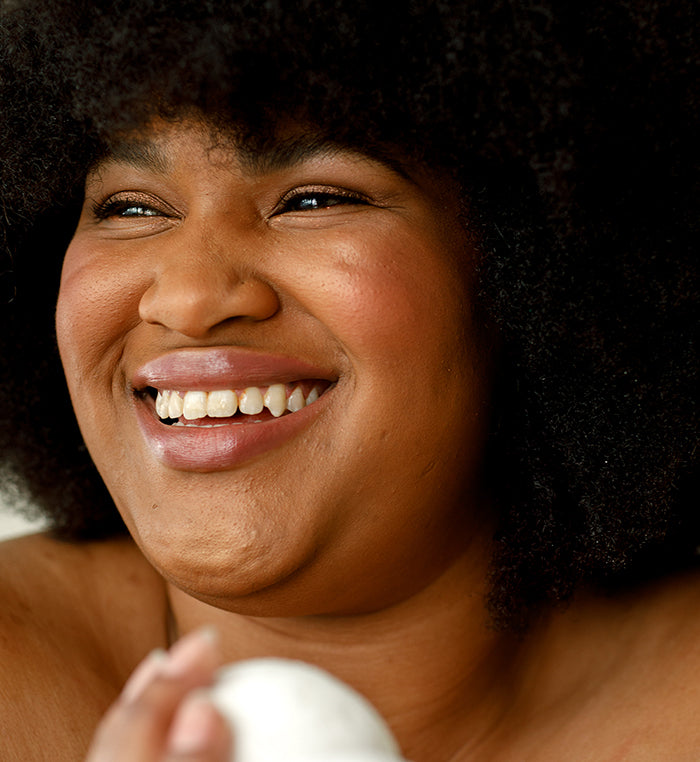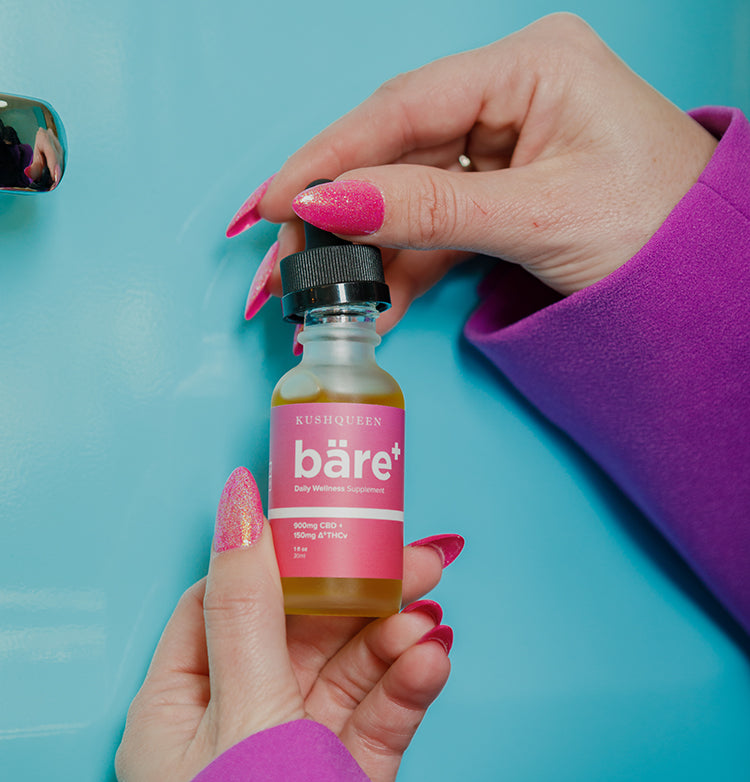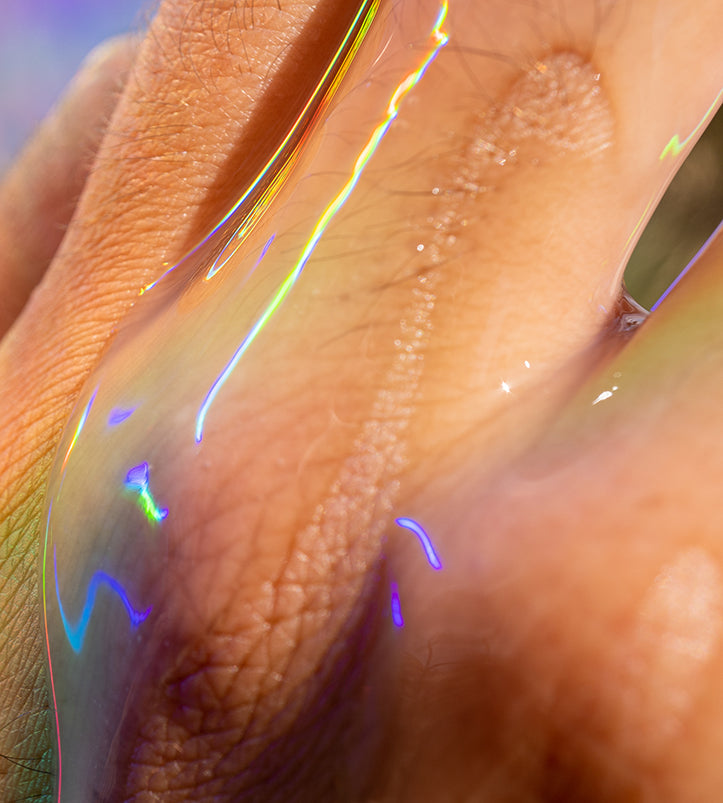Today marks the year anniversary of George Floyd’s death, a Black man from Minneapolis, MN who was murdered by law enforcement.
His was one of the many heartbreaking deaths that sparked a summer of protests, discussions on civil injustice, and the beginnings of reforming systematic inequalities in America.
When we think of the past 365 days, what’s changed, and where we are; there is still so much work and healing to be done.
Mental health is one of the critical issues facing Black communities in America and sadly, because of the racial injustice African Americans face daily, this community has become more susceptible to experience mental illness.
Mental Health Issues Faced By Black Communities
“Racism is a public health crisis,” according to a May 2020 statement from the National Alliance on Mental Illness (NAMI). This means that racism — whether unintentional, unconsciously, or concealed — has affected Black Americans’ access to equal and “culturally competent” health care.
Racism is also a stressor for mental health problems.
In the U.S. surgeon general’s groundbreaking 2016 report Facing Addiction in America: The Surgeon General’s Report on Alcohol, Drugs, and Health, it states that Black Americans “are over-represented in populations that are particularly at risk for mental illness.”
Why? NAMI, “the nation’s largest grassroots mental health organization,” says it’s because Black people in the United States have been affected by racism and racial trauma “repeatedly throughout history.”
To break it down, racism and racial trauma did not end with the abolition of slavery in 1865, the passing of the Civil Rights Act of 1964, or the election of the first Black U.S. president in 2008. The protests of 2020 are a sharp reminder of that.
Mental illnesses such as depression and substance abuse can have a biological component, but they also can be caused or made more likely by external factors.
The Stigma Around Seeking Mental Health Care
According to the U.S. Health and Human Services Office of Minority Health, Black Americans are less likely to have their mental health problems addressed than Americans as a whole: about 30% compared to 43%.
While most studies find about the same or less (depending on age) incidences of mental health problems among Black Americans, they are less likely to seek help for it. Only one-third of adult Black Americans who need mental health care receive it.
A big barrier might be that there is still a stigma or shame attached to needing mental health treatment, especially among the Black community. Working to removing this stigma is necessary to get more Black Americans into treatment.
Among the ways to do this are:
- Teaching people that the brain is like any other part of the body: sometimes it needs treatment.
- Replacing the idea that mental illness is a weakness with the idea that it takes strength to acknowledge a problem and to try to fix it.
Black Mental Health Resources
Here are some free or low-cost sources for mental health treatment:
- AAKOMA Project. Arlington, Virginia-based but serving the Northern Virginia and Washington D.C. area, offering up to three free virtual mental health sessions for “young people.”
- Black Men Heal. Limited and selective (no guarantees) free mental health service opportunities following a waiting period.
- Ethel’s Club. Brooklyn-based group offering live-streamed weekday classes, workshops, and wellness sessions for the Black community. The first week is free, up to three sessions a day. Also, free virtual healing and grieving sessions as available (there’s a waiting list).
- Boris Lawrence Henson Foundation. To help Black Americans with “life-changing stressors and anxiety” receive mental health services, the organization’s Free Virtual Therapy Support Campaign pays for up to five individual sessions — first come, first served — “until all funds are committed or exhausted.”
- Henry Health. Culturally sensitive self-care support and teletherapy for Black men and their families. “The first out-of-pocket session is on us.”
- Inclusive Therapists. With a directory of therapists offering reduced-fee teletherapy.
- Family Paths. “Mental health and supportive services to low-income, multi-stressed individuals and families” in Alameda County, Calif.
- The Loveland Foundation. Financial assistance is sometimes available for between four and eight sessions for Black women and girls.
- National Queer and Trans Therapists of Color Network. A directory of mental health practitioners working in agencies, community-based clinics, and private practice. Also, a mental health fund that provides financial assistance to queer and trans people of color by queer and trans people of color.
- Open Path Collective. A nonprofit that for a one-time membership fee provides inexpensive in-network therapy, online and in-person.
- Talkspace. Live video psychiatry sessions, plus a free therapist-led racial trauma support group, and financial assistance for the Black community.
- Therapy for Black Men. Free therapy sessions for Black men are in the planning stages. You can sign up to be notifications when they become available.
- Zencare. Provides a list of Black therapists — primarily in Boston, New York City, and Rhode Island — some of whom “offer a sliding scale, lower fees, or out-of-network reimbursement for individuals who cannot otherwise afford to pay for therapy.”
Here are some sources for culturally competent mental health providers:
- Association of Black Psychologists Directory.
- Black Emotional and Mental Health Collective (BEAM).
- Black Female Therapists.
- Black Male Therapists Directory. Provided by Black Female Therapists.
- Black Men Speak.
- Black Mental Wellness. Apps, podcasts, videos.
- Black Virtual Therapist Network. Provided by the Black Mental Health Alliance.
- Brother, You’re on My Mind. Provides educational materials on mental health issues affecting black men, particularly Omega Psi Phi Fraternity members, with an online toolkit.
- InnoPsych. Resources to find a therapist of color.
- LGBTQ Psychotherapists of Color Directory.
- Melanin and Mental Health. Directoryof “Dope Therapists.”
- My Tru Circle.
- Ourselves Black. Directory of providers, plus a podcast, online magazine, and online discussion groups.
- Sista Afya Community Mental Wellness. Chicago-area organization providing sliding-scale rates for mental health treatment for Black women.
- Therapy for Black Girls. “An online space dedicated to encouraging the mental wellness of Black women and girls,” with a therapist locator, in-office and virtual, plus a blog, podcast, and online community.
- Therapy for Queer People of Color. Therapist directory.
At Kush Queen, we want to help to start a conversation about how racism affects the African American community's mental health. And help to reduce the shame and stigma sometimes associated with mental illness and mental health treatment.
The content of this post was originally featured on Sunshine Behavioral Health’s website and is being shared with their permission.







